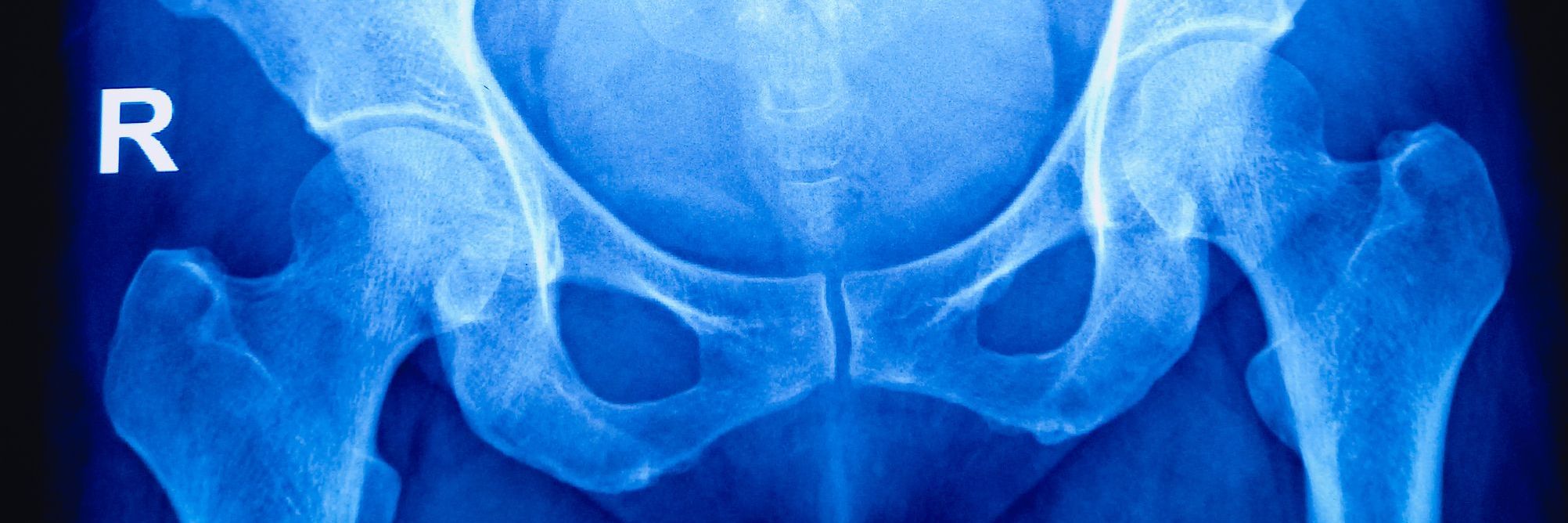The concept of pharmaceutical care (PC) has existed as a professional philosophy for more than 30 years. However, for a long period of time, little had been done for its integration into the regular practice of healthcare provision. The COVID-19 pandemic and the resulting increase in patient influx in the community pharmacies (CP) encouraged the exploration and establishment of new healthcare services provided within the CP. Nevertheless, these services of PC are still novel, and more can be done to expand the community pharmacists’ current role in primary healthcare. This can be achieved by improving and expanding the newly established services, all while incorporating new ones, for the benefit of public health and the reduction of avoidable healthcare expenditures. This article reviews information about the benefits of this service regarding patient health and the reduction of financial expenses pertinent to adverse drug events within the setting of the CP. Adverse drug events account for significant healthcare expenses and patient distress due to relevant symptoms, emergency doctor visits, and increased hospitalization rates. Several studies conducted internationally have investigated the positive impact of PC practiced by community pharmacists. In spite of results sometimes presenting a non-continuous pattern, PC applied under specific conditions has tangible positive outcomes. Congestive heart failure and type 2 diabetes mellitus patients presented fewer hospital admissions, better symptom control, and higher adherence in comparison to control groups, while a study on asthma patients revealed improved inhalation techniques. All intervention groups reported psychological improvement and a better understanding of their treatment. Special reference is made to the importance of this service for patients receiving anti-cancer treatment and how community pharmacists can have a crucial role in designing, monitoring, and re-designing these therapeutic schemes whose complexity and related adverse drug events negatively affect patient adherence. The role of community pharmacists was very important, especially for primary care, for both patients and healthcare systems during the pandemic, and it seems that it will remain decisive in the post-COVID era as well. The increased complexity of therapy and polypharmacy creates the need for organized, active participation of pharmacists in healthcare provision so that they can use their knowledge and skills under continuous cooperation with other healthcare professionals, thus providing coordinated services for the benefit of the patient.
















